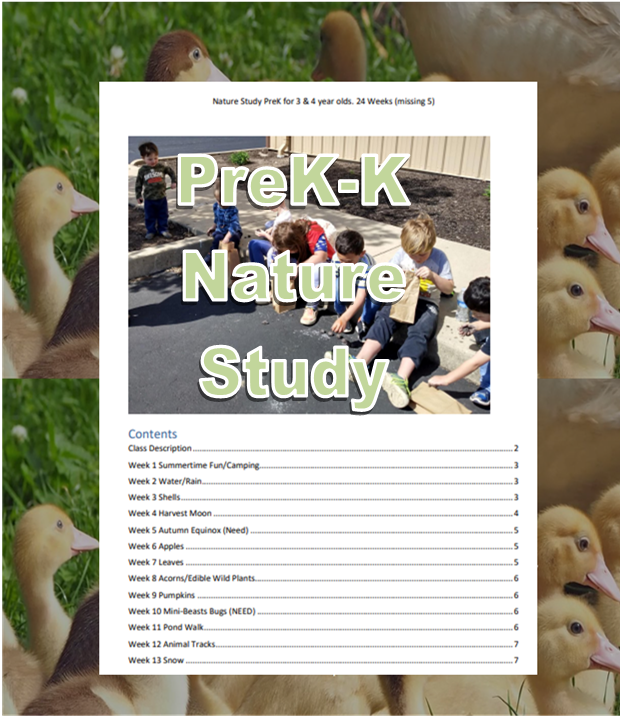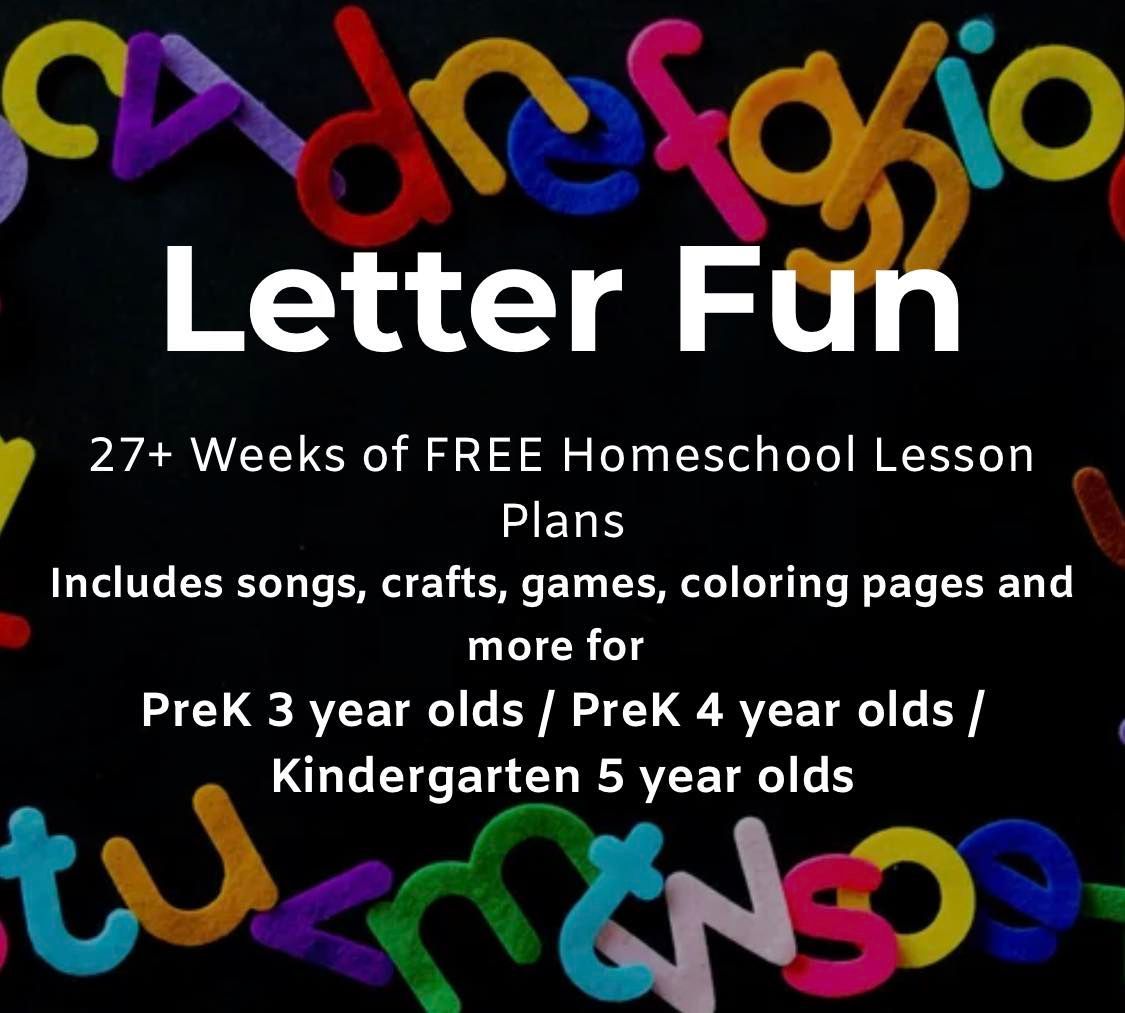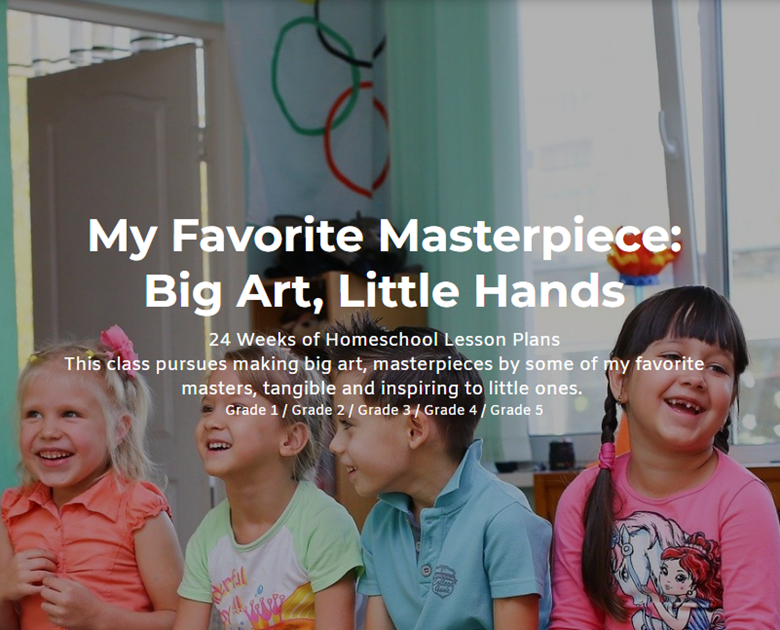A Dyslexic Teen’s Path to the Trades
Grace in the Grit

Grace in the Grit: A Dyslexic Teen's Path to the Trades
ADD and dyslexia only taught him to work hard, and while we made accommodations and extra effort, we didn’t make exceptions for what some considered “disabilities”. The word was never spoken in our house. Making sure to put him in a position to experience success in his academics, was one of the best things I did to prepare him for adulthood.
However, all the hard work and true success - that’s all him!
Early Struggles
Studying, specifically reading had always been tough for my son. At the point he was diagnosed—eighth grade—he was reading at a third-grade level. On a scale of mild, moderate, severe and profound - he was diagnosed with moderate dyslexia. I was temporarily devastated. We had arduously been working with him and reading tutors including teachers for years by then, to almost no avail. Once he was diagnosed we began at home therapy 4 days per week.
High School Years
Assistive technology helped him in high school, along with lots of slogging through books. He got used to learning in multiple ways, but reading and learning through books remained his weakest area. Middle schoolers and high schoolers don't always see themselves clearly. We made a point to notice and point out his strengths, often in non-academic areas.
We gave him five years of high school. That gave him the breathing space he needed to gain knowledge at his own pace and allowed us to focus on dyslexia therapy without worrying about what he might be missing in other subject areas. In our house, we had one important rule: never shame or ridicule someone who is making an effort. The effort counted. Not the outcome.
All that said, he got through Algebra 1—but it took three years and that was the furthest extent of his high school math. We got a "study buddy" who was a little younger but also struggled. He ended up helping his study partner through several chapters. I refused to put more pressure on him than he was already putting on himself.
Algebra Was A Barrier
He needed to pass an algebra test to get into plumbing school. He used algebra games on his phone to "play" and keep up his skills for about six months before the test. I was shaking in my boots about that test. Testing was never his strong suit. As much as possible during high school, I chose not to share his test scores with him, focusing instead on his effort and progress. We might stay on a concept or chapter for quite a while, but I wanted to protect his confidence and ensure he didn’t define his worth by test results that didn’t reflect how hard he was working. I was extremely anxious for him and prayed through all of it.
Why He Succeeded
I believe several things we did helped him succeed:
- Consistent hours of dyslexia therapy, which taught him not just tools to read, but coping mechanisms to compensate without compromising the accuracy of reading.
- The severity of his dyslexia, which made made the assistive technology a help, but not a crutch.
- Extra years of high school and a low-pressure environment.
- Expectations of regular, rigorous academics like chemistry, honors history, honors literature, and required essays and papers with any and every resource and assistance we could find to make the subject more do-able for him.
Through this, he learned to do hard schoolwork and push through while taking advantage of all his resources. He graduated second in his class from plumbing school, but it was intensely challenging. He had to spend countless extra hours studying after working all day.
Interest was Sparked for Plumbing
When we saw he had a knack for fixing things and expressed interest in plumbing, we gave him every opportunity. He fixed every sink and drain in our house, helped my girlfriend’s husband dig out their septic tank, and redid our bathroom floor. Friends asked him to help with their plumbing too. At 15, we found every way for him to slowly build his skillset.
I know nothing about plumbing, but I walked alongside him every step I could. At 15, I offered to get library books on plumbing, but he wasn’t interested. So instead, we watched how-to videos weekly. If he had needed motivation, I would’ve made his favorite snacks and sat beside him to talk through the content. Whatever it took to give him another path into learning.
First Job and First Steps
He got his first gopher job ("go for this", "go for that") at 16 and started the day after his 17th birthday. The owner had come to fix our plumbing, and I brought up my son’s interest and included his dyslexia in the conversation. My son sat in on the conversation but didn’t say a word—just shook the guy’s hand. The owner of the plumbing company had dyslexia, too!
A year later, the plumber came again, and this time my son spoke up a little. The guy told him to submit an application. I helped him write a resume, we practiced interview skills, and filled out the application together in the car. My son walked it in alone.
Plumbing School Trials and Triumph
A non-union shop gave him a job as a gopher for a year before plumbing school. That helped a lot. He learned the rhythms, the names and uses of tools, the workload, and the culture of the job.
Then it got too heavy. He was overwhelmed. We encouraged him to quit. He took a year off and worked at Lowe’s in the plumbing department. It kept him around contractors and gave him an alternative path—one he hated—which confirmed that plumbing school was still the goal. Giving him that freedom, and telling him he was more important than his career, helped him return with inner strength.
Next, he got another gopher job with an independent shop. Because they had limited school slots, he ended up doing another year as an apprentice and chose to let someone else at the shop go through school first. I think he was a little nervous about school. But all that experience paid off: he tested out of a full year of plumbing school.
One of the most competent plumbers took him under his wing. He taught him one-on-one whenever something wasn’t clicking. The pattern of learning hands-on, then watching someone else, then redoing it himself really helped him retain the material.
That approach broke the learning into smaller, more manageable pieces.
There were more things we were prepared to do if he needed. I was ready to read all his textbooks aloud (since they weren’t available in audio). I was ready to prep for tests with him using all the formats we had learned worked best: flashcards, colored ink, few words on a page, games, encouragement, and tracking his successes - for example instead of 'you got 2 wrong', "You got 98 right."
He’s one of five kids, and I was homeschooling his younger siblings anyway. Helping him was already part of my rhythm.
The Timeline
Here’s how it all stacked up:
- Five years of high school
- One year as a gopher
- One year at Lowe’s
- Another year as an apprentice
- Three years of plumbing school
The Pressure and the Payoff
The stress during plumbing school was real. He was anxious, struggled to sleep, and honestly wasn’t pleasant to be around. But he made it through—and graduated near the top. Even with severe dyslexia, it’s doable if you’re willing to walk beside your child through the homework, the test prep, and the hard parts.
Looking back, my son’s journey is shows the truth that learning doesn’t have to follow a straight line to be meaningful or successful. With steady encouragement, patience, and a commitment to honoring effort over outcome, our dyslexic students can thrive. My son will be the first to tell you that I didn't do it all right and made so many mistakes. He's also commented that our family’s values—advocacy, emotional resilience, and a refusal to shame struggle—created the foundation he needed to persevere. Real-world learning, hands-on experience, and a strong support system helped turn challenges into stepping stones. His success isn’t just a personal triumph—it’s living proof that the right kind of support can open doors that once felt closed.
It was a long road. But he made it. While we assisted - he did the work - he gets the credit and all the success. It's what I hoped and prayed for.
#HomeschoolingWithDyslexia #TradeSchoolSuccess #HighSchoolAtHome #DyslexiaHomeschool #Homeschooling101Dyslexia #Homeschooling101Net








































